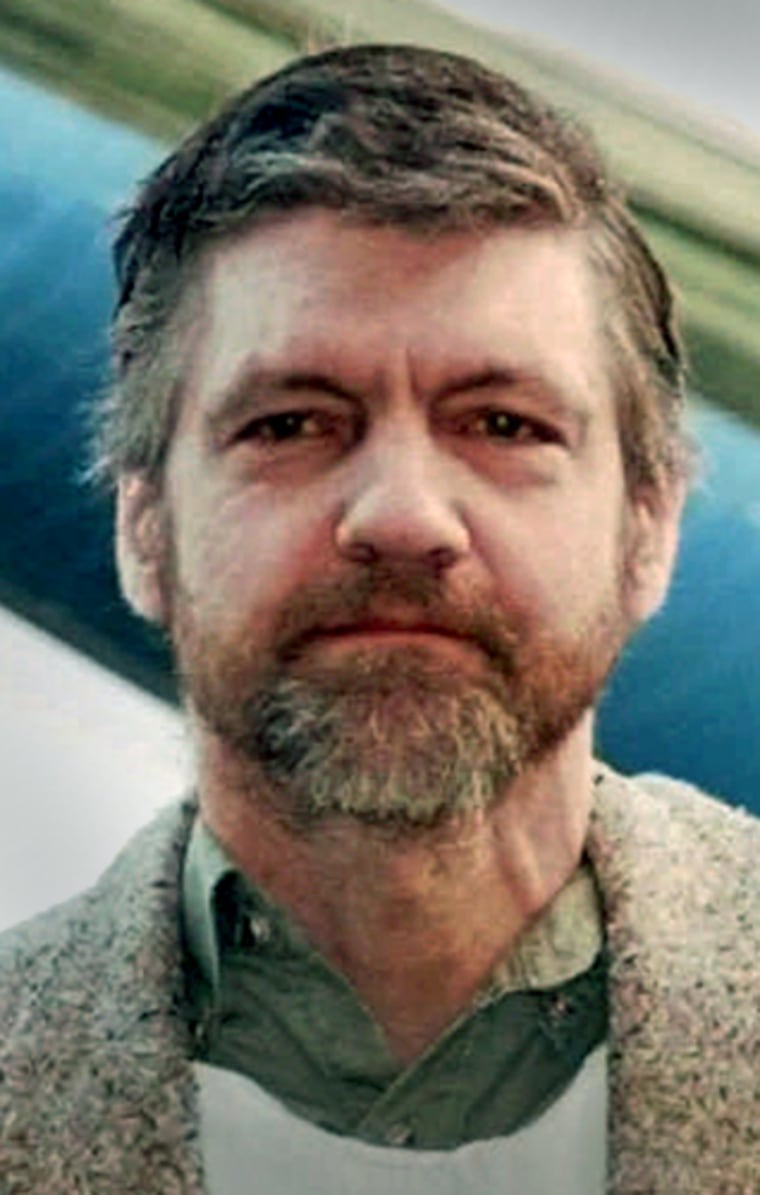A federal appeals court Thursday ordered the government to sell Unabomber Theodore Kaczynski’s writings and other materials seized in 1996 from his Montana cabin, and use the proceeds to compensate his victims.
Kaczynski, who pleaded guilty in 1998 to a nearly 20-year bombing spree that killed three people and wounded 23, wanted to donate his works to the University of Michigan. The U.S. government wanted to keep his autobiography and other writings.
A three-judge panel of the 9th U.S. Circuit Court of Appeals unanimously said that the government’s plan was “untenable” and that the property should be sold for whatever it can fetch in the marketplace. The proceeds, the court said, must be used to help pay the $15 million in restitution Kaczynski’s victims were awarded.
The government claimed that selling his works on the market would allow the Unabomber to profit from his crimes.
But Circuit Judge Michael Daly Hawkins wrote: “Applying the revenue from the sale of Kaczynski’s property, even inflated by his criminal celebrity status, to his restitution debt would benefit not Kaczynski but the victims of his crimes.”
Journals, autobiography
The materials the Unabomber wants to donate include journals, letters and an autobiography. He is also seeking the return of books, clothes and other belongings.
A spokeswoman for U.S. Attorney McGregor Scott said the prosecutor was still reviewing the decision and would not comment on his next move.
“We will do our best to protect the interests, financial and otherwise, of the victims of these heinous crimes,” Scott said in a statement.
Kaczynski’s attorney, John Balazs, said the government has steadfastly refused a public sale and speculated it may return Kaczynski’s works to him rather “than make a spectacle out of it.”
Life without parole
Kaczynski, 62, is serving a life sentence without parole for a bombing spree that lasted from 1978 to 1995. He led authorities on the nation’s longest and costliest manhunt before his brother tipped off authorities in 1996.
A Harvard graduate who holds advanced degrees in mathematics from the University of Michigan, Kaczynski argued in his writings that technological advances have reduced human freedom. He has said his bombings were blows against what he regarded as the tyranny of technology.
Christopher Durbin, an attorney representing the Freedom to Read Foundation and the Society of American Archivists, said the government has “been sitting on these documents for no reason, because they don’t like Kaczynski or they just don’t want him to reach an audience.”
He would not speculate on what the materials may be worth at a public auction.
The University of Michigan planned to include the materials in its renowned research library of social protest.
